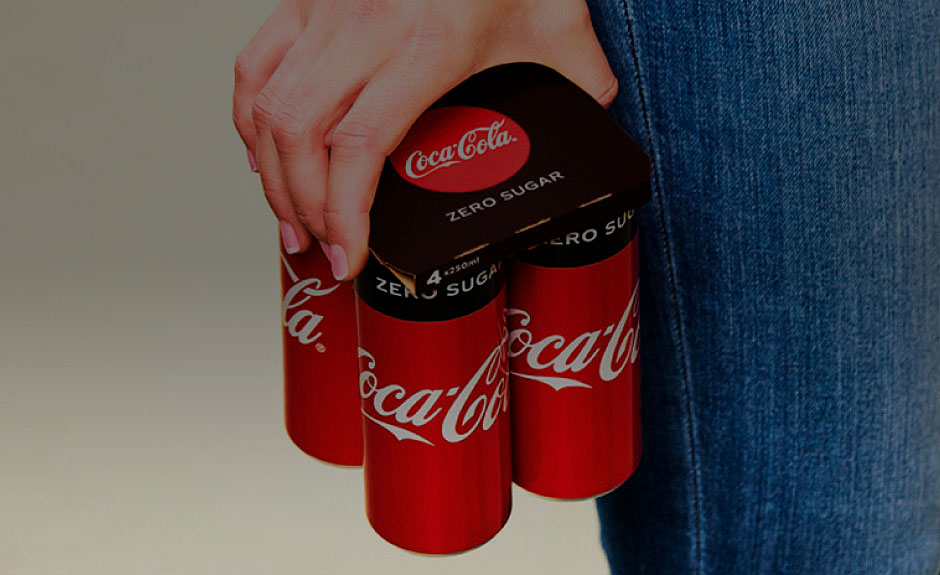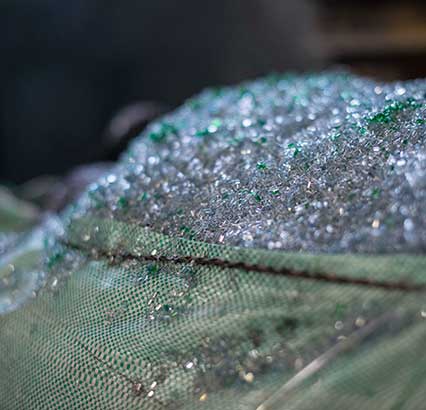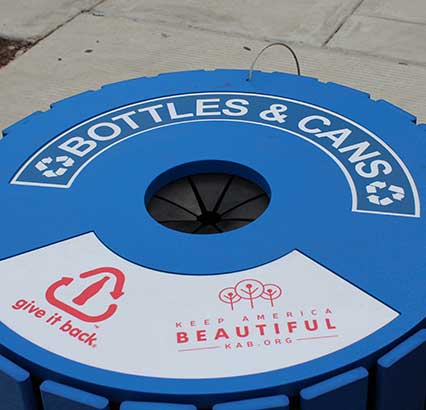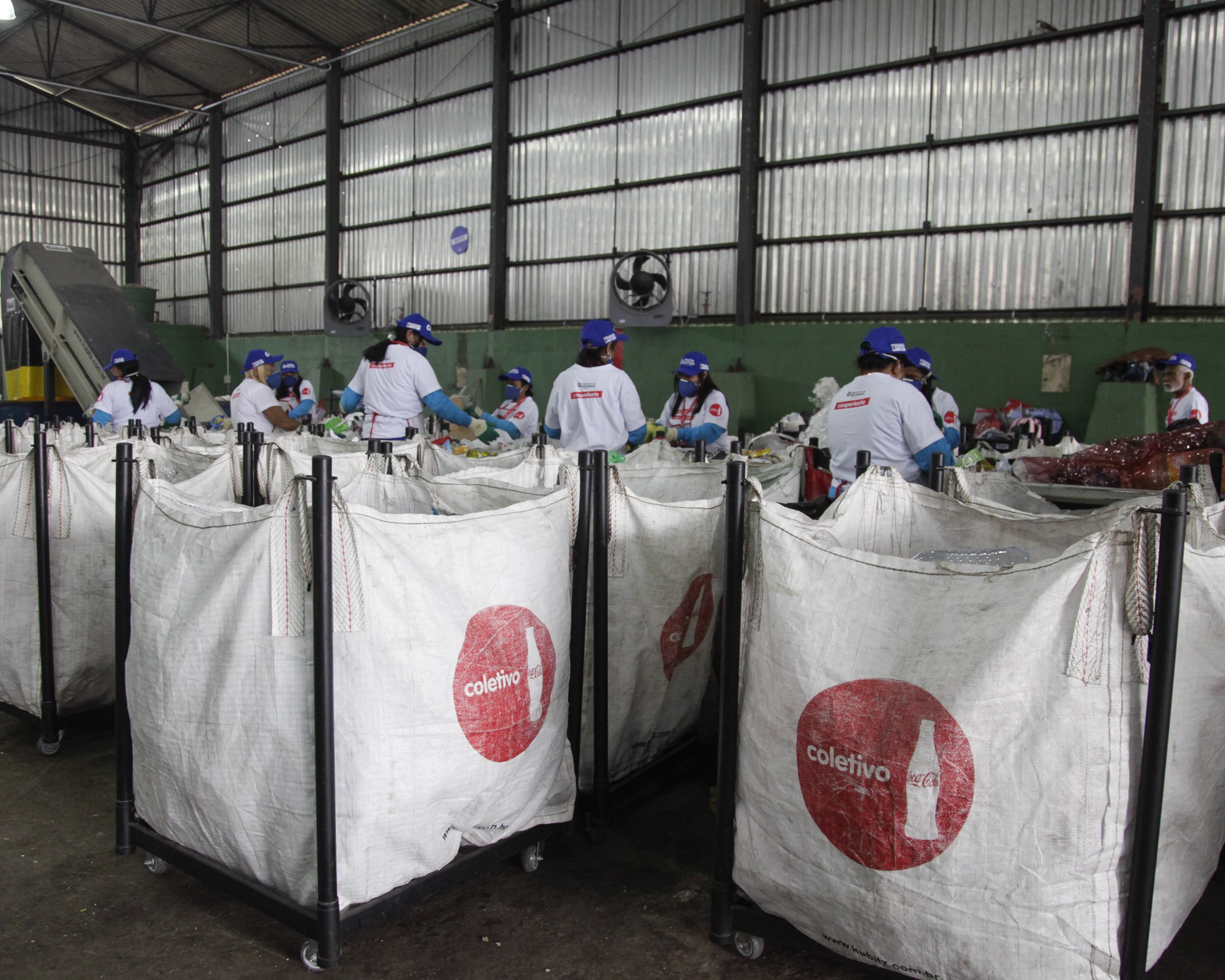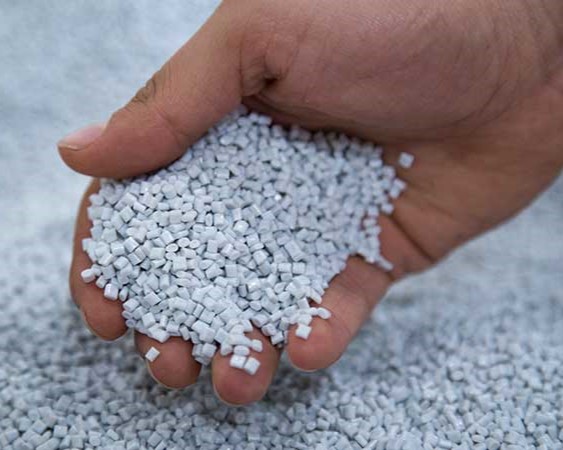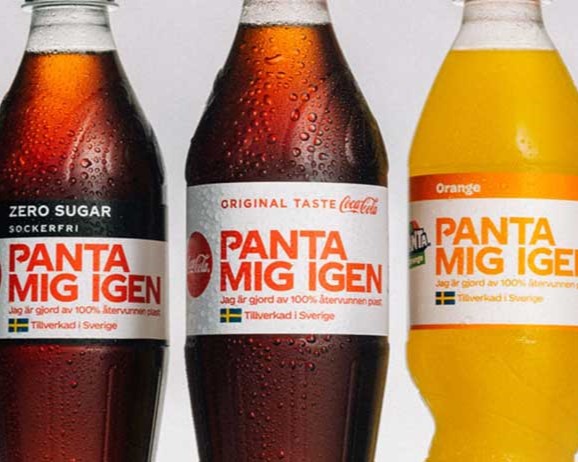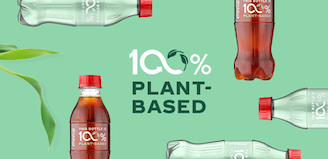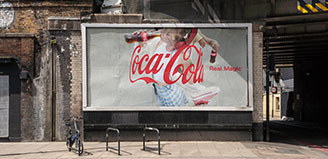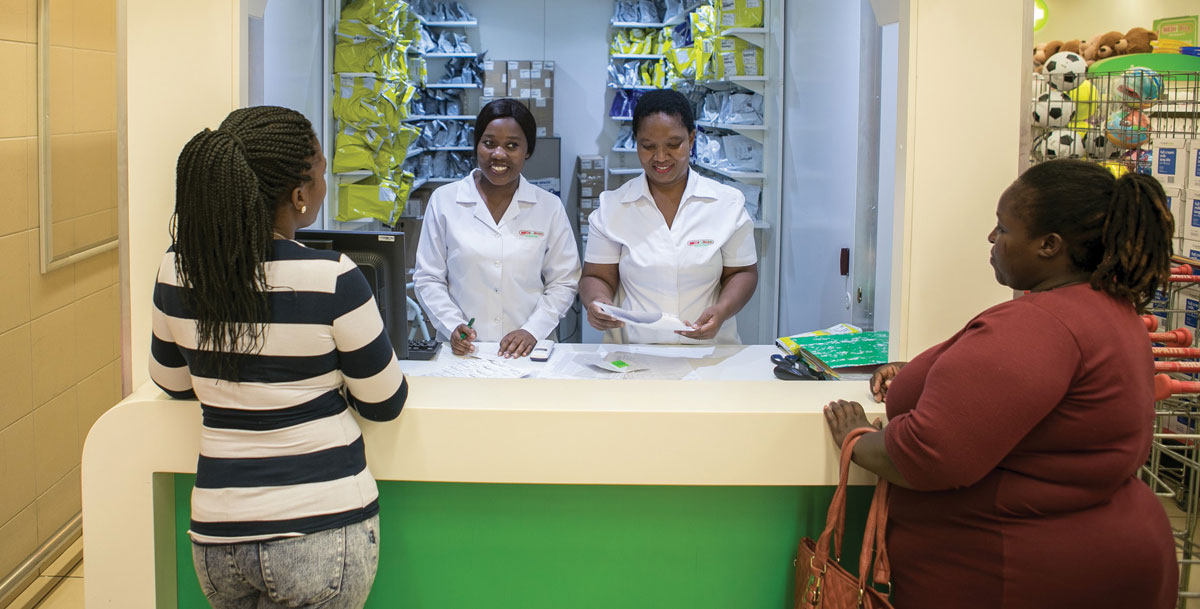Packaging solutions
Our company offers beverages in a variety of packaging formats – glass and plastic bottles, aluminum cans and refillable packaging. Each option can play a role in helping reduce packaging waste and emissions. We are focusing efforts to use more recycled material in our primary packaging and supporting collection rates, both of which require enabling policies and the growth of collection infrastructure.
We aim to focus on measurable and interconnected actions under two pillars:
Timeline
- 1991
- 2004
- 2009
- 2011
- 2018-January
- 2018-June
- 2018-September
- 2018-October
- 2018-December
- 2019-March
- 2019-June
- 2019-June
- 2019-July
- 2019-August
- 2019-September
- 2019-October
- 2019-November
- 2019-November
- 2019-December
- 2020
- 2020
- 2024
Introduced first-ever plastic bottle made with recycled content
Formed PET Recycling Company (PETCO), the South African plastic industry’s initiative to recycle 100% of its PET plastic output
Introduced PlantBottle, using 30% plant-based materials in place of petroleum
Invested in major expansion of PetStar, now the largest food-grade PET bottle-to-bottle recycling plant in the world
Introduced Mexican bottled water brand Ciel in 100% recycled plastic bottles
Launched South African PETCO model in Kenya, in partnership with Kenya Association of Manufacturers
Co-founded World Economic Forum Global Plastic Action Partnership
Invested in Circulate Capital, an impact-investment firm aiming to keep plastic waste out of the world’s oceans
Shared proprietary technology behind PlantBottle to foster bioplastics in packaging
The Coca‑Cola Foundation announced USD $5.4 million in grants to support innovative recycling pilots in seven U.S. locales
Initiated the creation of PETCO Ethiopia—the Ethiopian plastic industry’s initiative to recycle 100% of its PET plastic output
Coca‑Cola Vietnam partnered with several leading food and beverage companies to establish the country’s first industry-led Packaging Recovery Organization
The Coca‑Cola Australia Foundation announced grants of up to USD $600,000 to tackle marine pollution in Australian coastal and inland waterways
Coca‑Cola Beverages Philippines (CCBP) announced investment in a new bottle-to-bottle recycling facility that will be operational in 2021
ALBA Group Asia Limited, Baguio Waste Management & Recycling Limited and Swire Coca‑Cola Limited broke ground on a joint venture to build Hong Kong’s first food-grade PET and high-density polyethylene (HDPE) plastic recycling plant
Coca‑Cola India joined peer companies as a key stakeholder to set up India’s first industry-formed, -owned and -managed multi-material packaging recycling organization — Circular Sustainability Solutions Private Limited — with the goal of collecting half a million metric tons of used packaging by 2025
Introduced minimalist paperboard packaging solution KeelClip™ for multipack cans in Europe, expected to save 2,000 tons of plastic and 3,000 tons of CO2 emissions annually
PRAISE (Packaging and Recycling Alliance for Indonesia Sustainable Environment) announced the Packaging Recovery Organization for Indonesia to improve plastic collection and recycling
As of end of year 2019, 16 markets offered beverages packaged in 100% recycled PET (rPET) bottles
Nearly 30 markets offer beverages packaged in 100% recycled PET (rPET) bottles*
*Excludes cap & label
Set a new goal to reduce our use of virgin plastic derived from non-renewable sources by a cumulative 3 million metric tons over the next five years
The Coca‑Cola Company announced updated environmental goals, including for packaging, focusing efforts to use more recycled material in its primary packaging and supporting collection rates, both of which require enabling policies and the growth of collection infrastructure.
* The company will continue to comply with local regulations, including where higher percentages of recycled content are required.
